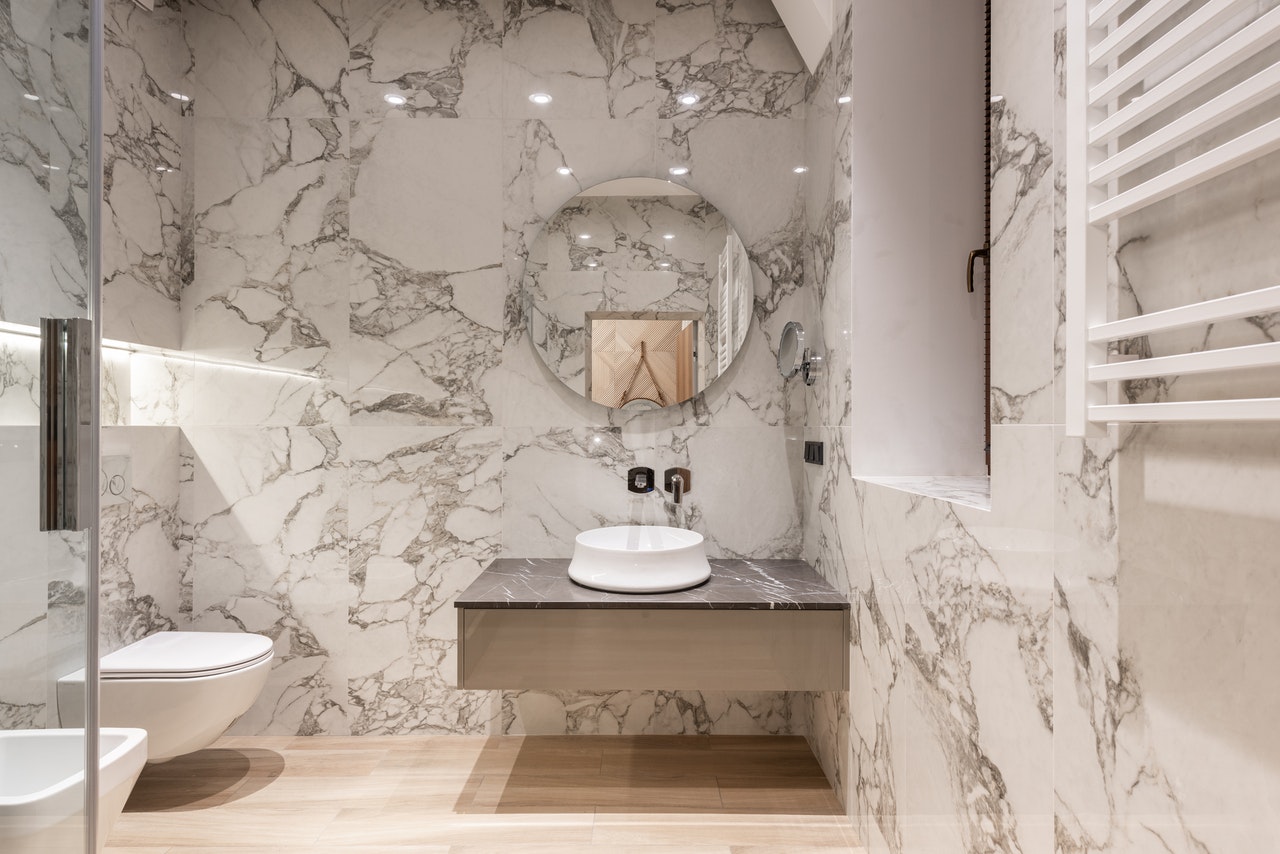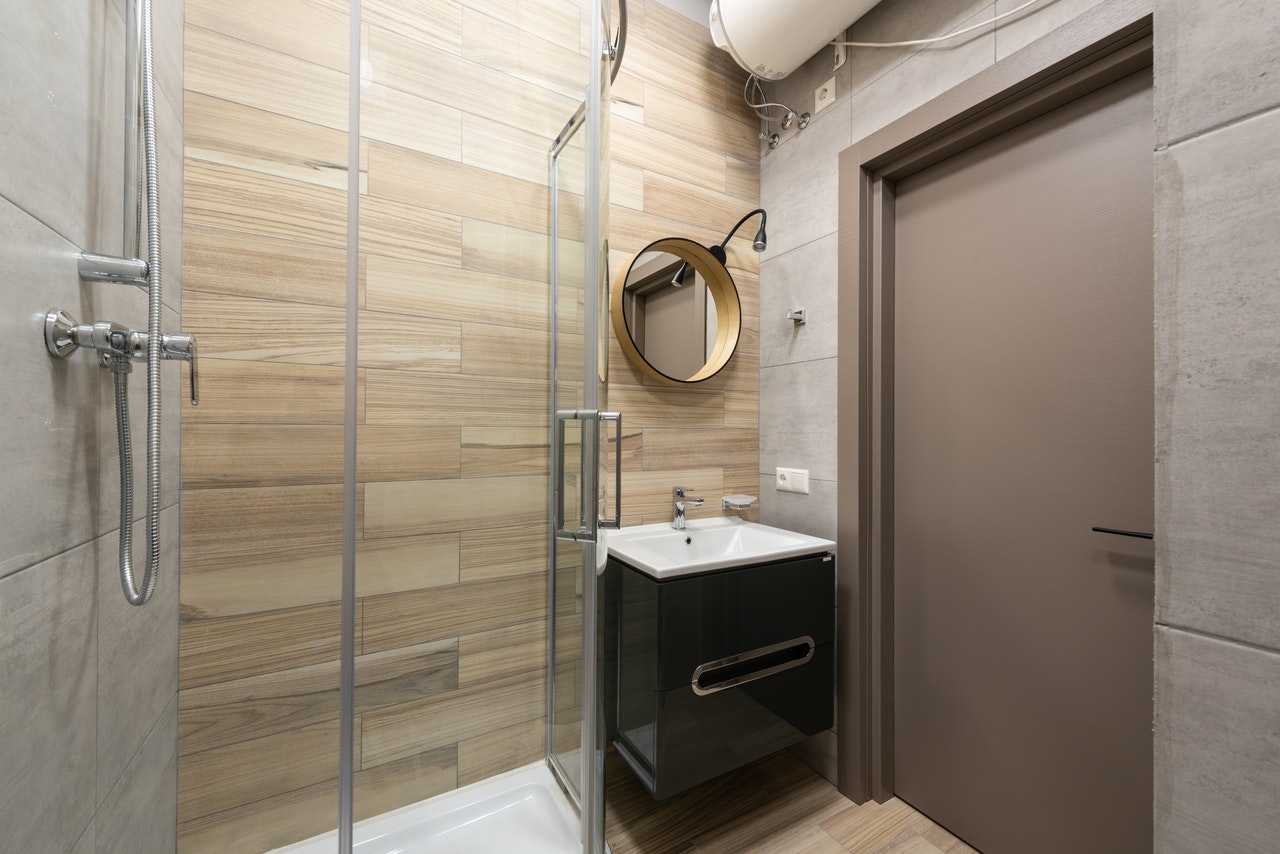
Tips for Renovating Your House on a Budget
While considering a home redesign venture, your spending limit might be your top concern. Whether you want to do a bathroom redesign, or an entire home rebuild, knowing what you afford to spend is a basic piece of the procedure. These seven hints should work well for you while planning for a home remodel.
- Research costs for similar projects.
I realize that it tends to be difficult to properly budget money for certain home redesign ventures, especially if you’ve never done one before, yet some online research can assist you with setting a spending plan for your specific task. Don’t forget to put quality into consideration, courses of events and other significant factors while doing your research or planning your spending limit. Telling potential bidders, “I don’t have a clue how much a task like this should cost, and that is the reason I am collecting offers” will probably get you terrible results.
- Research contractors.
Before meeting or calling a contractor, find as much as you can about them through online research or reaching people who have used that contractual worker for a venture like yours. Give a similar measure of time and consideration regarding hiring your contractual worker as you would to purchasing a house, vehicle or mutual fund. If you hire the right personnel, this might be the main genuine work you’ll need to do.
- Check references.
Good contractors will present a rundown of references alongside their offer. Even better contractors will ensure that the rundown is modified for the kind of work being offered. The best contractor will be certain that the reference list is of individuals who live close or in your neighborhood and have had comparable work done. Call those references! Speaking directly to a past customer is the most genuine approach to discover what you need to know about the organization. Here’s an additional tip: if a bidder doesn’t present a reference list, proceed onward to another bidder.
- Be clear about your budget from the very beginning.
You don’t help yourself or your contractor if you’re not clear about how much you can afford to spend on your rebuilding project. If you set a budget that’s too high, your contractor may add on more work to meet that budget. If you set your budget too low, you may receive bids that use low quality materials or that only appeal to less experienced contractors. Know what you can afford.
- Be clear about your expectations.
Expectations and budgeting work simultaneously. You’re the only person who knows your satisfaction both in terms of the design or build and how much that design or build costs you. When you’re clear and realistic about your project expectations once it’s completed, you can be sure that you’ll get exactly what you pay for. If obscurity exists about your expectations, write out your expectations to make them crystal clear to your bidders. This will help you remove both high and low bidders who can’t meet your expectations and make for an easy transition when the contract needs to be written.
- Ask questions and be prepared to answer questions.
As a rule, good bidding contractors ought to have similarly the same number of inquiries for you as you have for them. A contractual worker’s main job is to be your backer, not your enemy. If your needs, objectives, and desires have not been appropriately imparted, it is the contractor’s business to ask you the right questions with the goal that the person can completely comprehend your definitive objectives.
All seven of these tips for home renovation budgeting essentially boils down to one essential fact: clear communication by both parties is of the utmost importance at the beginning of the budgeting and bidding process.





